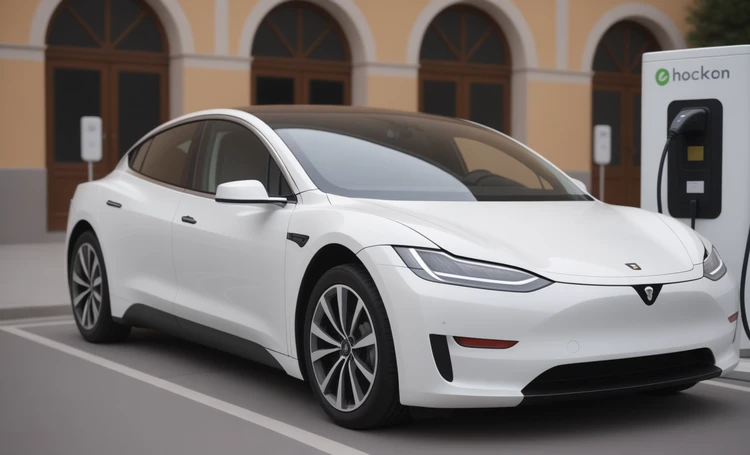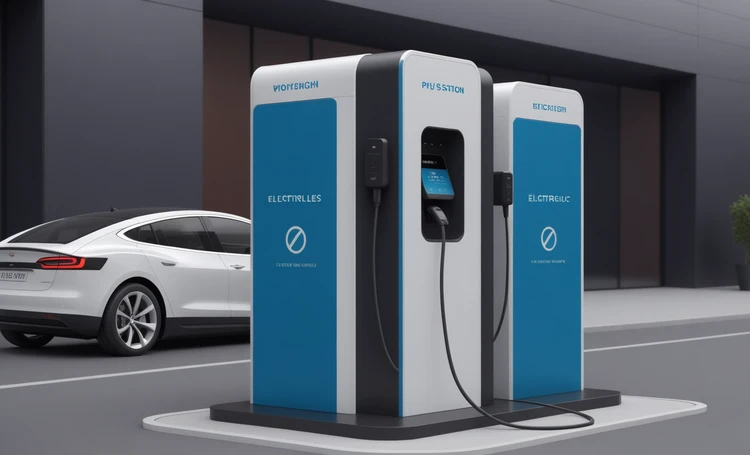🚗 Gasoline, diesel, electricity: what to choose? 🌐
Choosing a car today is not only a matter of personal preference, but also an informed decision that takes into account environmental, economic and technological aspects. In an era of intense efforts to combat global warming and fossil fuels, consumers are faced with a dilemma: remain faithful to traditional gasoline and diesel engines or choose the path of innovation and switch to electricity. View products for different types of cars here.
Engine comparison: key parameters
Gasoline engines
Advantages:
- High dynamics: Gasoline engines usually provide better acceleration dynamics due to higher speeds.
- Wide network of gas stations: You can find a gas station in almost every corner of the world, which makes traveling less difficult.
- Cost: The initial cost of gasoline cars is often lower compared to electric and diesel counterparts.
Flaws:
- Environmentally friendly: Gasoline cars have higher CO2 emissions, which is harmful to the environment.
- Fuel cost: Taking into account the constantly rising oil prices, operating a gasoline car is becoming more expensive.
Diesel engines
Advantages:
- Fuel efficiency: Diesel engines consume less fuel and have more torque.
- Durability: Diesel engines are famous for their reliability and long service life.
- Efficiency: Due to their high fuel efficiency, diesel cars can be more economical over long distances.
Flaws:
- Environmental Regulations: Diesel vehicles often face environmental compliance issues due to NOx emissions.
- Maintenance cost: High-tech exhaust gas purification systems make servicing diesel cars more expensive.
Electric motors
Advantages:
- Environmental friendliness: Electric cars produce no direct emissions, making them the most environmentally friendly choice.
- Running Costs: No fuel costs and lower maintenance costs make them profitable in the long run.
- Innovation: Electric vehicles are equipped with the latest technological advances and are frequently updated with software.
Flaws:
- Cost: The high initial cost can be a barrier to buyers, despite potential future savings.
- Charging infrastructure: The charging network is still developing and may not be sufficient in some regions.
📊 Comparative analysis of cost of ownership
To help consumers choose a car, let's look at the total cost of owning each type of vehicle over a five-year period. For this analysis, we will proceed from average data on the purchase price, fuel consumption, cost of electricity, maintenance costs and residual value of a car in the United States.
| Vehicle type | Initial cost | Fuel/electricity costs | Service | Residual value |
|---|---|---|---|---|
| Petrol | $25,000 | $5,000 | $3,000 | $10,000 |
| Diesel | $28,000 | $4,000 | $4,000 | $11,000 |
| Electricity | $35,000 | $1,000 | $2,000 | $15,000 |
Based on the table, it can be assumed that despite the higher initial cost, electric cars may be more profitable in the long term due to lower electricity and maintenance costs, as well as higher residual values.
🌱 Environmental aspect and innovation
Contribution to reducing carbon footprint
Electric vehicles have significant potential to reduce the overall carbon footprint of transportation, especially if the electricity to charge them comes from renewable energy sources. On the other hand, gasoline and diesel cars, despite improved environmental performance and the introduction of Euro 6 standards, still make a significant contribution to air pollution.
Technological progress
Technological innovation in electric vehicles doesn't just stop at the engine. They often feature advanced driver assistance systems (ADAS) integrated with smart home systems and up-to-date software, making them more attractive to technology-savvy users.
🔋 Charging stations and infrastructure
The development of charging infrastructure is key to the adoption of electric vehicles. Charging stations are being actively built in Europe and the USA, which allows drivers of electric vehicles to feel confident on the roads. However, compared to traditional gas stations, the charging network still needs to be expanded and improved.
Development of fast charging technologies
Fast and ultra-fast charging stations are popping up all over the world, reducing charging times to those of regular car refueling. This eliminates one of the main problems of electric vehicle owners – long waits when recharging batteries.
Availability in different regions
Not all regions have equal access to charging stations, which becomes a deciding factor for many consumers when choosing between an electric vehicle and a traditional fuel car. Active infrastructure construction and government support can improve the situation.
🏅 Results of comparison and selection
The choice between a petrol, diesel or electric car depends on many factors: cost of ownership, personal preference, driving habits and infrastructure availability. Electric vehicles offer lower operating costs and environmental benefits, but require higher initial investment and charging infrastructure.
The future belongs to electricity
The production and sales of electric vehicles are growing every year. Governments around the world are introducing restrictions on internal combustion engines and encouraging the transition to electric vehicles. This indicates that the market share of electric vehicles will only increase in the future.
Conclusion
Ultimately, choosing the type of car is a compromise between cost, convenience and personal beliefs. It is important to weigh the pros and cons, taking into account your own lifestyle and planned use of the car. Regardless of the choice, trends indicate that electric vehicles will play an increasingly significant role in the transportation industry.


